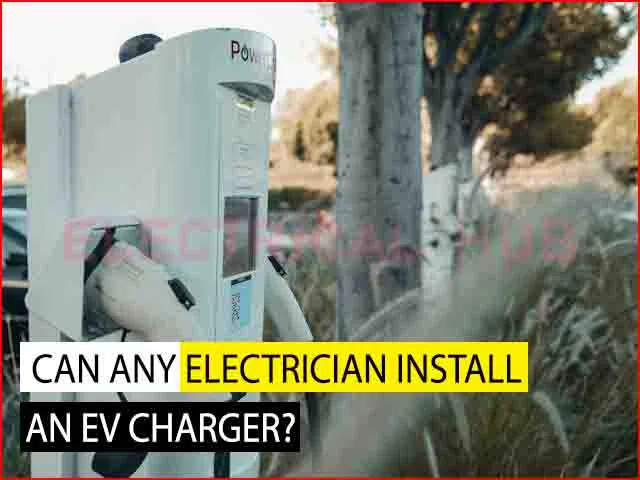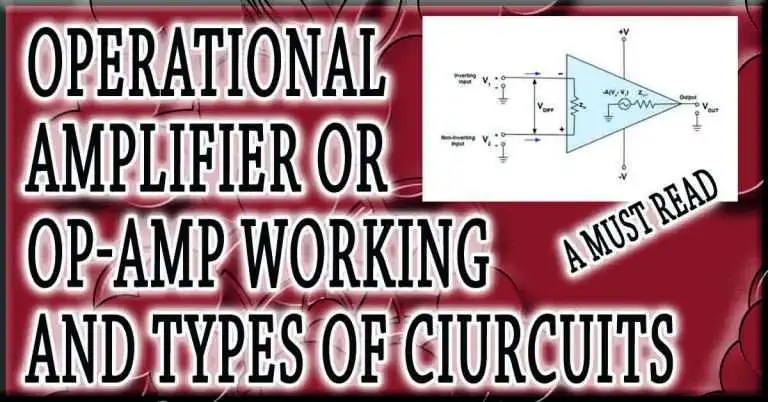Can Any Electrician Install an EV Charger? Important Notes
The rise of electric vehicles (EVs) has brought new challenges and opportunities to homeowners and businesses. One common question is: Can any electrician install an EV charger? While the answer might seem straightforward, installing an EV charger requires specialized knowledge, permits, and technical understanding to ensure safety and efficiency. Let’s delve into this topic and explore what makes EV charger installation unique, including essential factors such as load calculation, wiring requirements, and potential risks.

Table of Contents
Table of Contents
Can any electrician install an EV charger?
Understanding the Complexity of EV Charger Installation
While licensed electricians are skilled professionals trained to handle various electrical tasks, installing an EV charger is not always part of their general expertise. EV chargers are high-demand devices that significantly impact your home’s electrical system. Improper installation can lead to safety hazards, electrical overloads, and even equipment damage.
To determine if an electrician is qualified to install an EV charger, it’s important to consider:
Specialized Knowledge: Installing an EV charger requires knowledge of EV-specific standards, such as understanding voltage requirements, amperage, and safety protocols.
Electrical Load Capacity: A thorough load calculation for EV chargers is necessary to assess whether your existing electrical panel can handle the additional demand.
Code Compliance: EV charger installation must meet local electrical codes and regulations. This often involves acquiring permits and undergoing inspections.
Learn more about 7kW EV Charger Cost
Key Qualifications for Installing EV Chargers
Not all electricians are trained in EV-specific installations. Here’s what to look for:
- Experience with EV Chargers: Electricians with prior EV charger installation experience understand the nuances of these systems.
- Certification or Training: Some electricians undergo specialized training or certification programs for EV charger installations.
- Familiarity with Load Calculation Tools: Tools like the Electrical Panel Load Calculation and Voltage Drop Calculator are essential for planning an efficient and safe installation.
Why Load Calculation is Crucial
One of the most critical steps in installing an EV charger is conducting a proper electrical load calculation. This step determines whether your home’s electrical system can accommodate the charger without overloading.
Learn more about Portable EV Charger Level 2
Steps in Load Calculation
- Assess Existing Load: Evaluate the current electrical usage of your home, including appliances, lighting, and HVAC systems.
- Determine Demand Factor: The demand factor accounts for how much of the electrical capacity is typically used, ensuring the system isn’t overburdened.
- Add EV Charger Load: Factor in the power requirements of the EV charger. For example, a Level 2 charger might require 240 volts and 32 amps, significantly increasing the load on your system.
- Wire Sizing: Use a wiring size calculator to determine the appropriate wire gauge for the charger based on distance and load. You can also explore AWG to mm² Calculator.
If your system is unable to handle the additional load, an electrical panel upgrade might be required.
The Importance of Permits and Inspections
Permits and inspections are a vital part of EV charger installation to ensure safety and compliance. Your electrician should:
- Obtain the necessary permits from local authorities.
- Perform the installation according to National Electrical Code (NEC) standards.
- Schedule inspections to verify the work meets safety requirements.
Skipping this process can lead to penalties, voided warranties, or even electrical fires.
Learn more about Best Portable EV Charger
Related Considerations for EV Charger Installation
1. Does Fast Charging Ruin EV?
The type of charger you install can impact the longevity of your EV battery. Fast chargers, while convenient, generate heat and stress that may degrade battery health over time. Home EV chargers typically use Level 1 or Level 2 charging, which are gentler on the battery compared to DC fast charging.
2. Cost of Installing an EV Charger
A common question is, How much does it cost to install an EV charger at home? The cost varies based on:
- The type of charger (Level 1 or Level 2).
- The need for electrical panel upgrades.
- Labor and permitting fees.
On average, installation costs range from $500 to $2,000. Proper planning, including load computation, can help avoid unexpected expenses.
3. Voltage Drop Considerations
If the charger is located far from the electrical panel, a voltage drop calculator should be used to ensure the system can deliver adequate power. Excessive voltage drop can reduce charging efficiency and damage the charger or battery.
4. Panel and Circuit Upgrades
For homes with older electrical panels, adding an EV charger may require an upgrade to a higher-capacity panel. This ensures the panel can handle the increased demand without tripping breakers.
Learn more about Generator Sizing Calculator for VFD Motors
Benefits of Hiring a Qualified Electrician
Hiring a qualified electrician with experience in EV charger installation offers several advantages:
- Safety: Proper installation minimizes fire and electrocution risks.
- Efficiency: A professional ensures the system operates at peak efficiency, reducing energy waste.
- Compliance: Meeting local codes protects you from legal and financial issues.
Conclusion: Can Any Electrician Install an EV Charger?
While any licensed electrician has the technical foundation to work on electrical systems, not all are equipped to install an EV charger. This task requires specialized knowledge, tools like the Electrical Load Calculator, and experience with EV-specific systems.
When planning your EV charger installation, ensure your electrician:
- Has experience or training in EV chargers.
- Conducts a thorough load calculation to assess your system’s capacity.
- Follows all permitting and inspection requirements.
By taking these steps, you can ensure a safe, efficient, and compliant installation.
Learn more about Demand Factor as Per NEC
Follow Us on Social:
Subscribe our Newsletter on Electrical Insights for latest updates from Electrical Engineering Hub
#EVCharger, #Electrician, #EVCharging, #ElectricVehicle, #EVChargerInstallation, #GoGreen, #SustainableLiving, #EVChargingStation, #ElectricianServices, #HomeEVCharging, #EVChargerSetup, #EVReady, #EcoFriendly, #ElectricCars, #EVChargingSolutions


